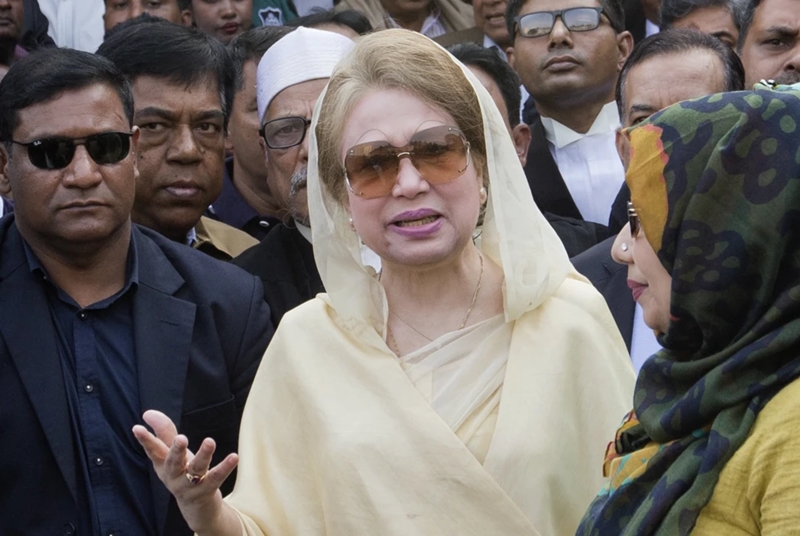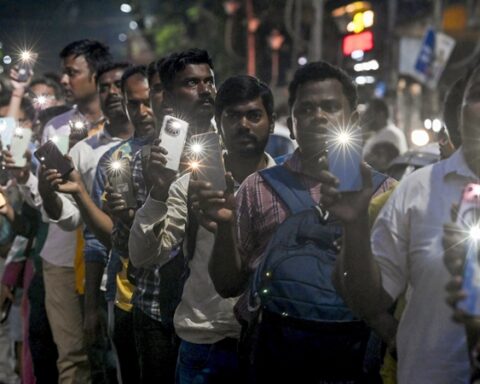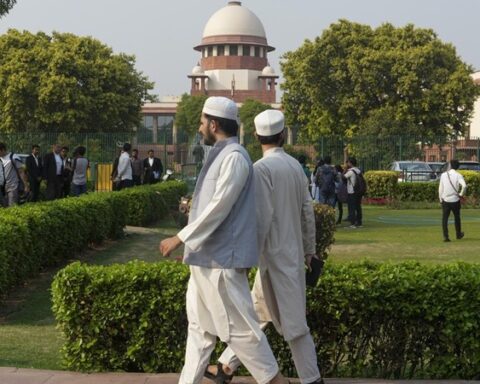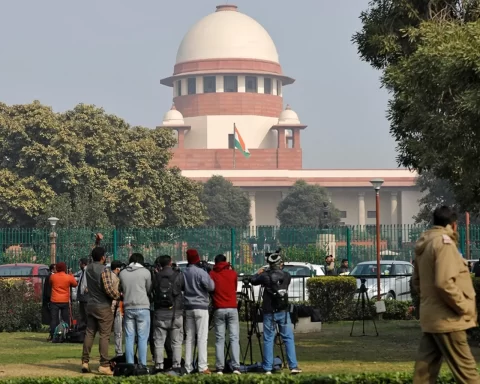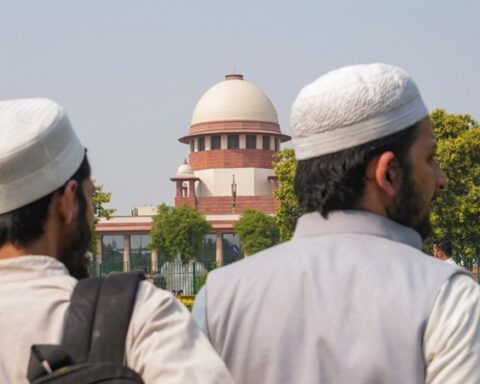DHAKA, Jan 15 (Reuters) – Bangladesh’s Supreme Court acquitted former Prime Minister Khaleda Zia in a 2008 corruption case on Wednesday, clearing the way for the ailing leader to fight parliamentary elections in the troubled South Asian country.
The verdict is the latest judicial victory for Khaleda and her family, one of two main groups that have dominated the country’s politics.
A five-judge panel led by Chief Justice Syed Refaat Ahmed acquitted Khaleda, her son Tarique Rahman and others, overturning jail sentences handed down by the high court in 2018.
At the time Bangladesh was ruled by Khaleda’s rival, Sheikh Hasina, who was ousted as prime minister in August, when mass protests forced her to resign and flee to neighbouring India.
The case, dating from 2008, accused Khaleda and others of stealing 21 million taka ($173,000) in foreign donations for an orphanage trust set up when she was last prime minister, from 2001 to 2006.
“The case was so vile that both those who appealed and those who couldn’t appeal have all been acquitted,” defence lawyer Zainul Abedin said after the verdict.
In November, Khaleda, 79, was acquitted in another corruption case in which she had been accused of misappropriation of 31.5 million taka from another trust in 2005.
Last week, Khaleda, who has battled health issues such as liver cirrhosis and heart problems, was flown to London for treatment.
Last month, a high court acquitted Rahman and others of a 2004 grenade attack on a rally of Hasina. Rahman is the acting chairperson of Khaleda’s Bangladesh Nationalist Party (BNP) and has been in exile in London.
Since August, Bangladesh has been ruled by an interim government led by Nobel Peace laureate Muhammad Yunus.
The BNP has called for general elections to be held by August in the greater interest of the country, citing growing political and economic instability.
($1=121.5000 taka)

